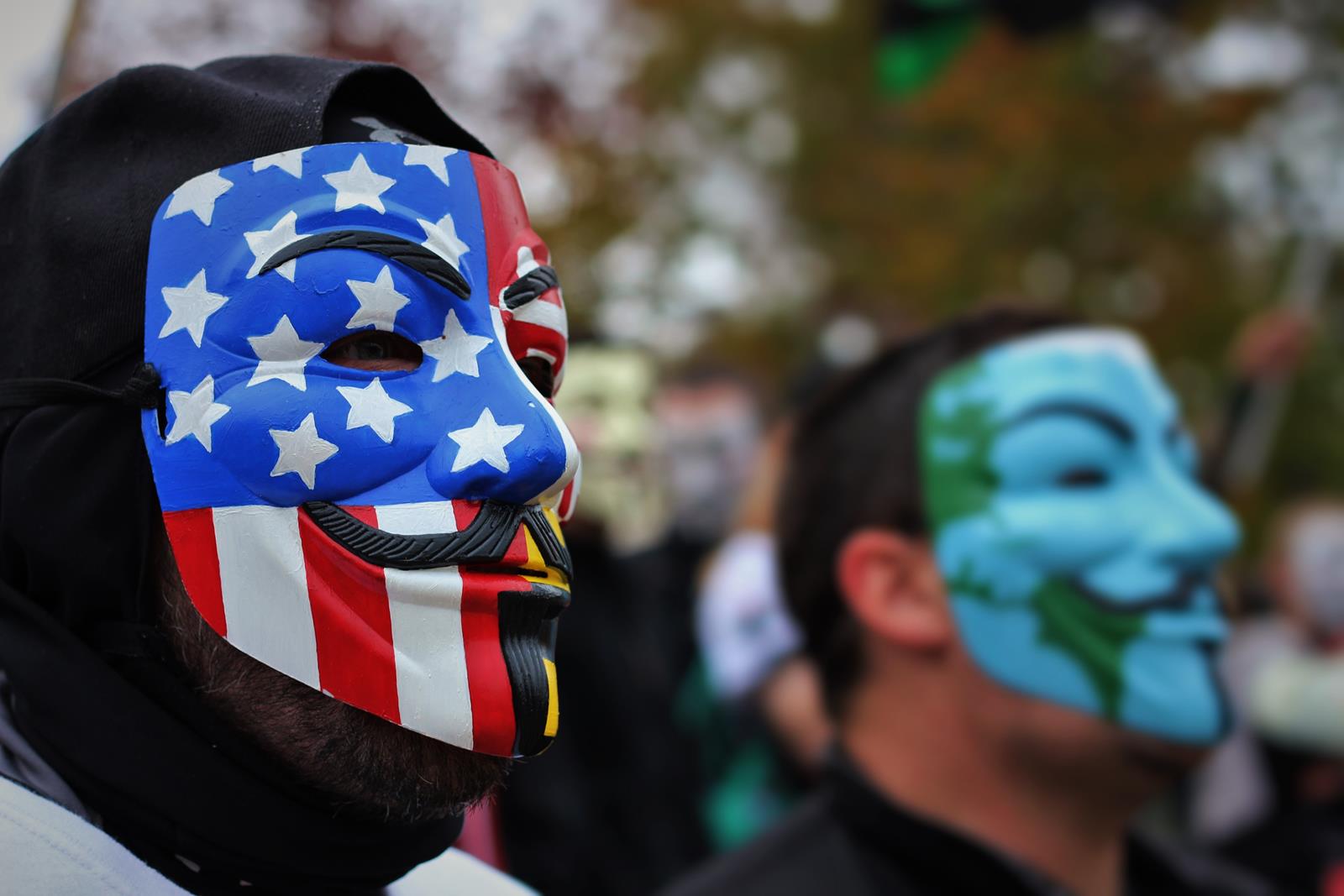An Overview of Politics
Politics is the study of political systems or institutions which are representative of societies, groups or nations. It deals with the political systems of various countries as well as some universal tendencies that affect the existence of political systems. Politics is sometimes involved in international relations. Politics is the systematic study of societal organization and politics is divided into two branches, public and private politics. Politics is the study of politics and the political systems and institutions that exist in a nation or state.
Politics is an essential field of study for the study of society. Politics is the systematic study of societal organization and politics is divided into two branches, public and private politics. Public politics aims at ensuring the prosperity of a state, and the maintenance of political pluralism. Private politics deals with the advancement of individual interests.
The study of politics at undergraduate level has many prerequisites. First, the student must have an adequate knowledge of the political system of the country he/she is studying. Politics has many sub-parts and each part has its own significance and contribution to the overall system. Politics has three major areas: party politics, public policy, and public opinion.
Politics deals with the formation of government, the selection of governmental institutions, political systems, political cultures, national character, and individual liberty. Politics is an important field and a crucial element of our lives. Ancient civilizations around the world considered politics to be a primary constituent of their religious faiths.
Politics involves various issues such as taxation, election of government officials, legitimacy of government, constitutional interpretation, freedom of speech and religion, war, and various economic policies. Politics has a broad scope and there is hardly any issue that is not affected by politics. In fact, all of these policy issues are related to politics. These include economic development, institution of laws and regulations, political stability, and political systems.
Politics is very complex. It involves various concepts and theories like universal grammar, political philosophy, public Reasoning, cultural analogies, and various scientific methods. It also has the aspect of public opinion and public policy. Public Reasoning is an important part of politics which seeks to explain the workings of society using popular belief and emotion. Politics and public reason have become an essential feature of our social lives.
Politics is a part of public policy and it can be distinguished from economic policy. Economic policy refers to the study of how the supply of good works, and how various transactions take place. Politics is concerned with the use of force and other forms of political control. For instance, the use of the state to protect the people against economic adversity. Politics and the political systems of various countries have evolved over time and there is an immense amount of creativity and variety on this.
The aim of Politics is to establish order and provide for the welfare of the people. There are many different types of politics that are practiced throughout the world. Each polity attempts to fulfill the public policies that were formulated by their predecessors. Politics is a broad term and there are numerous definitions of politics in the international field. The most commonly used definition of politics is democracy, which was introduced by Christopher Columbus as a polity to govern his new discovered country.
Politics is defined by Halliday as the separation of the powers of government. Politics is defined as the exercise of authority, influence, and freedom exercised by citizens or representatives in political assemblies, legislative sessions, and throughout the course of popular government. Politics has been the topic of many academic papers and books. In the United States, politics has generally been associated with the philosophical debate concerning right and wrong and moral convictions about politics and the societal concerns that arise out of those convictions. Many people do not necessarily hold a strong commitment to any one political philosophy or political party.
Politics is not only the study of how public policies are made, but also the philosophy of politics as a field of inquiry and research. There are various philosophical perspectives on politics that have been developed across the world over time. Influenced by some of the most influential figures in history including Aristotle, Machiavelli, and Plato, a variety of philosophies have emerged to provide people with varying insights into politics. Some of these views have been discarded over the years by more modern thinkers who have criticized the approaches of some of these philosophers.
Today, most people are familiar with some form of political philosophy. Politics is the study of public policies and the processes that govern their adoption and implementation. Public policies affect people’s lives in many ways including their day-to-day decisions, social interactions, and attitudes toward specific issues. Politics is a field of inquiry and research that permits people to explore how different public policies affect their lives.
